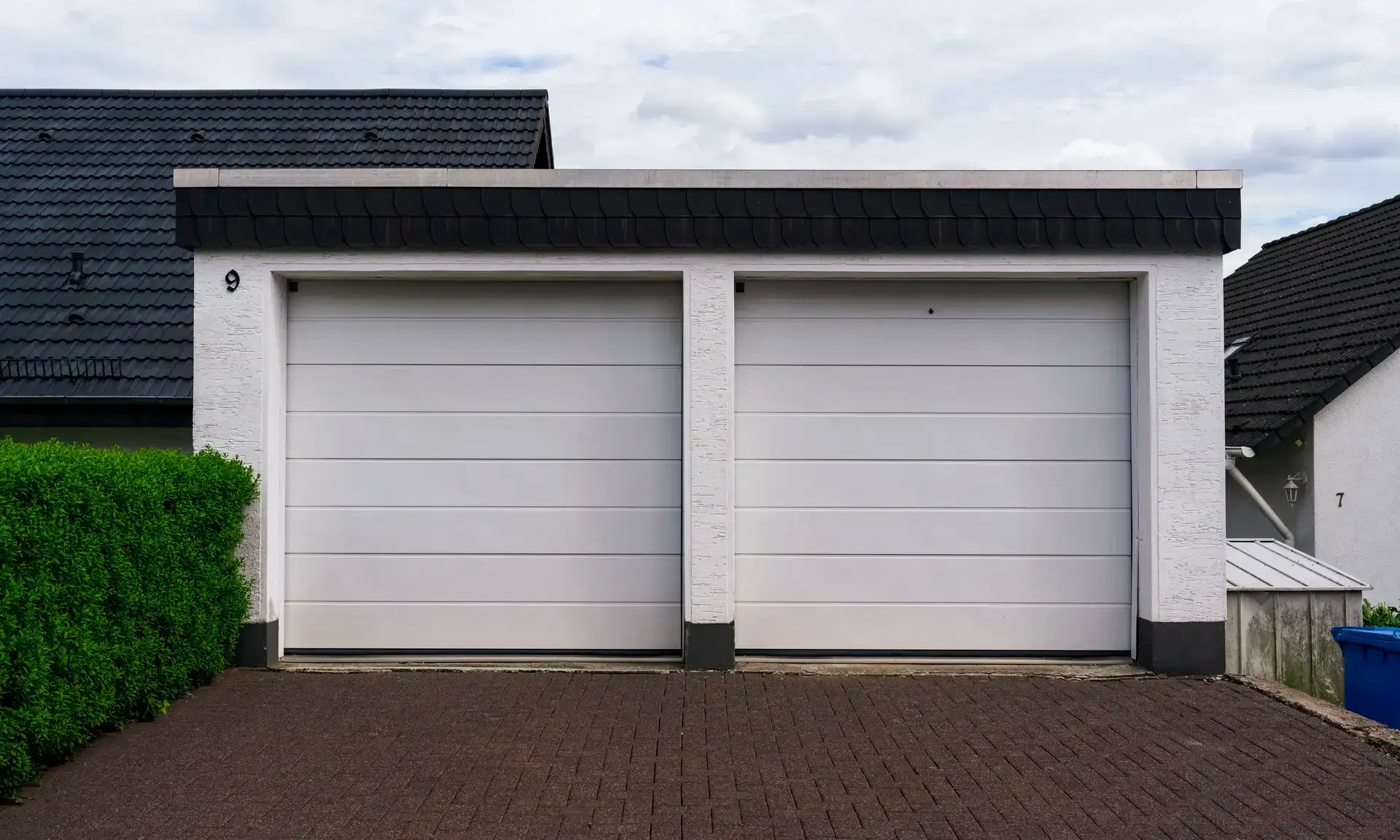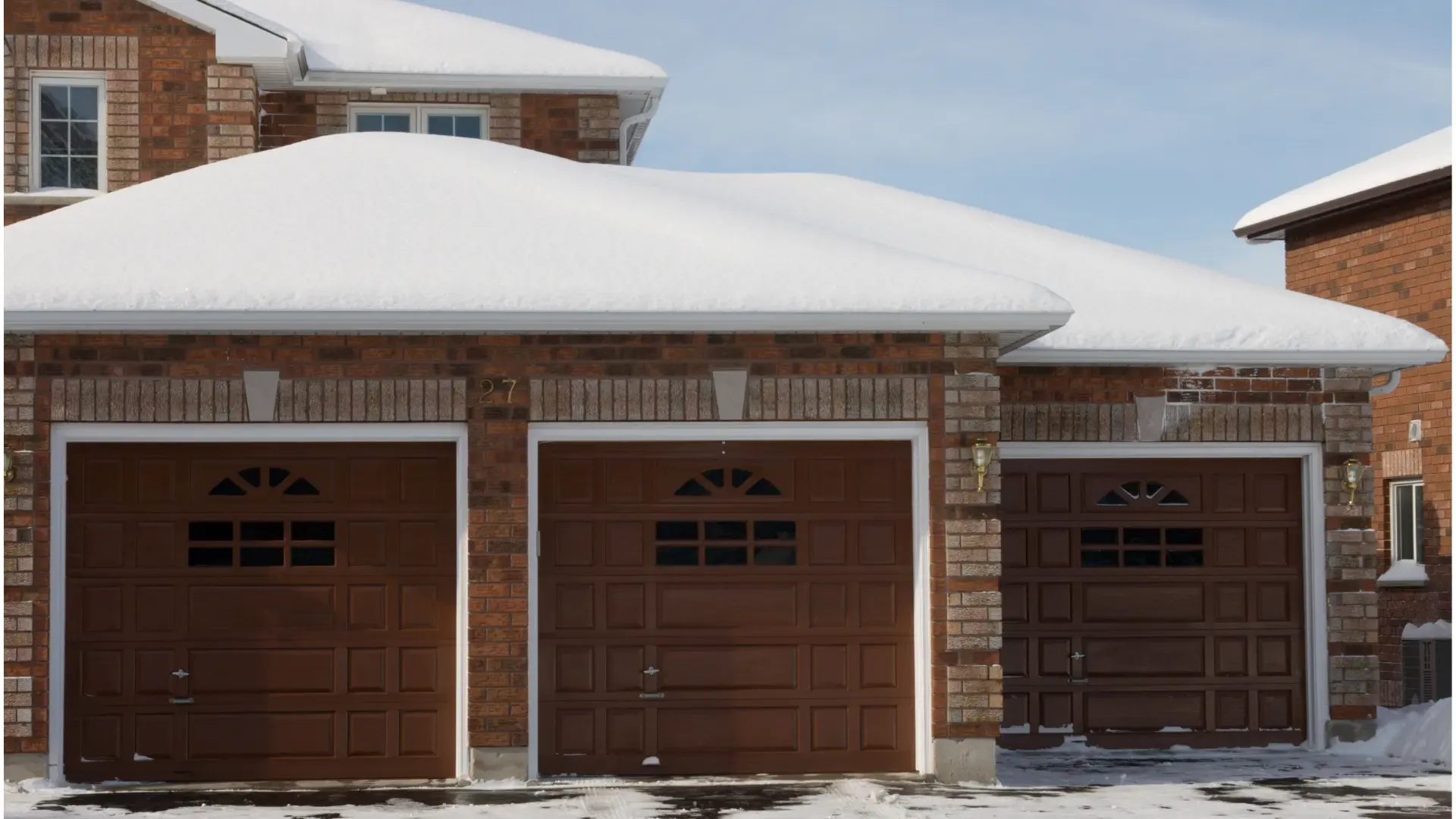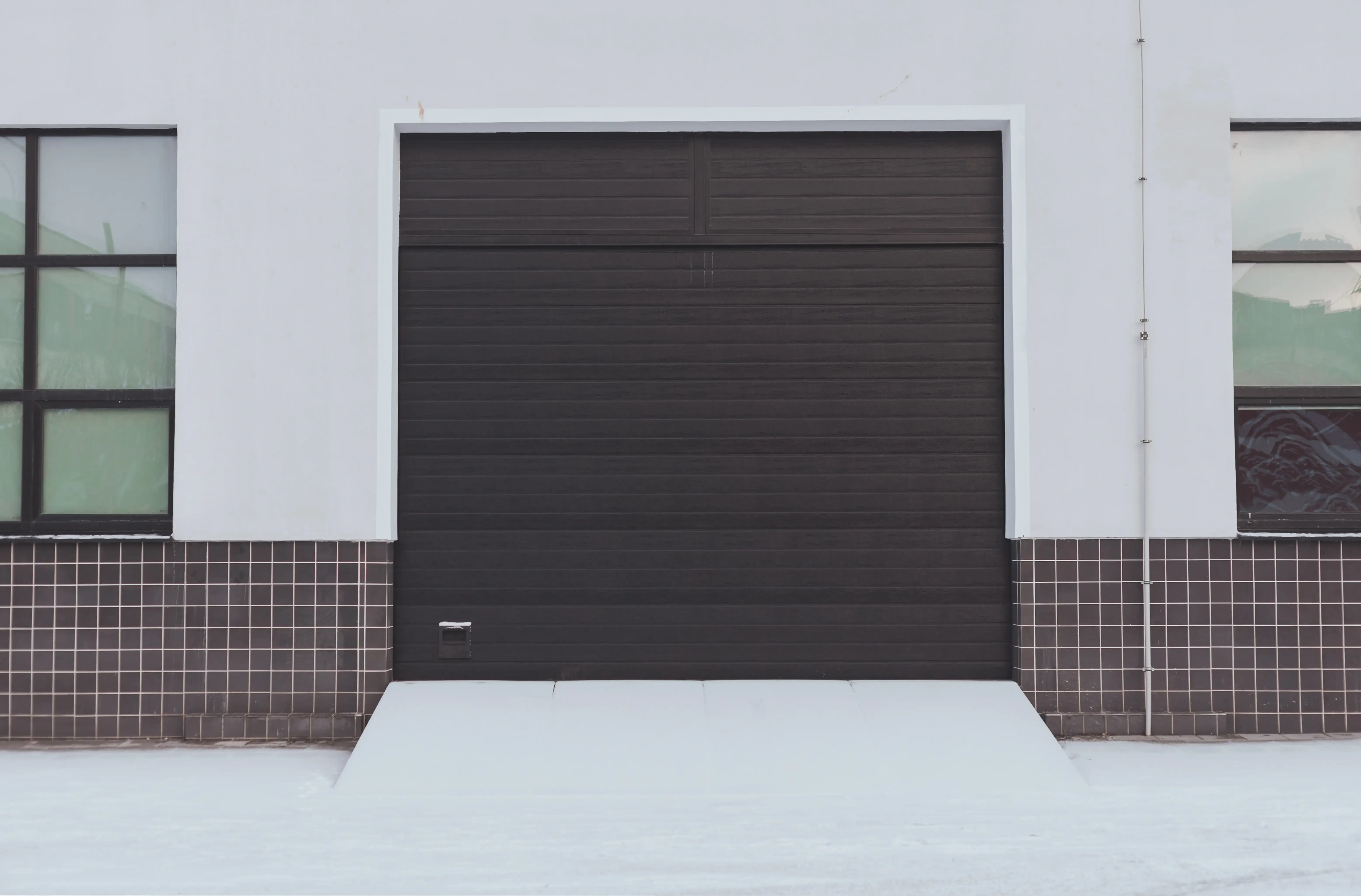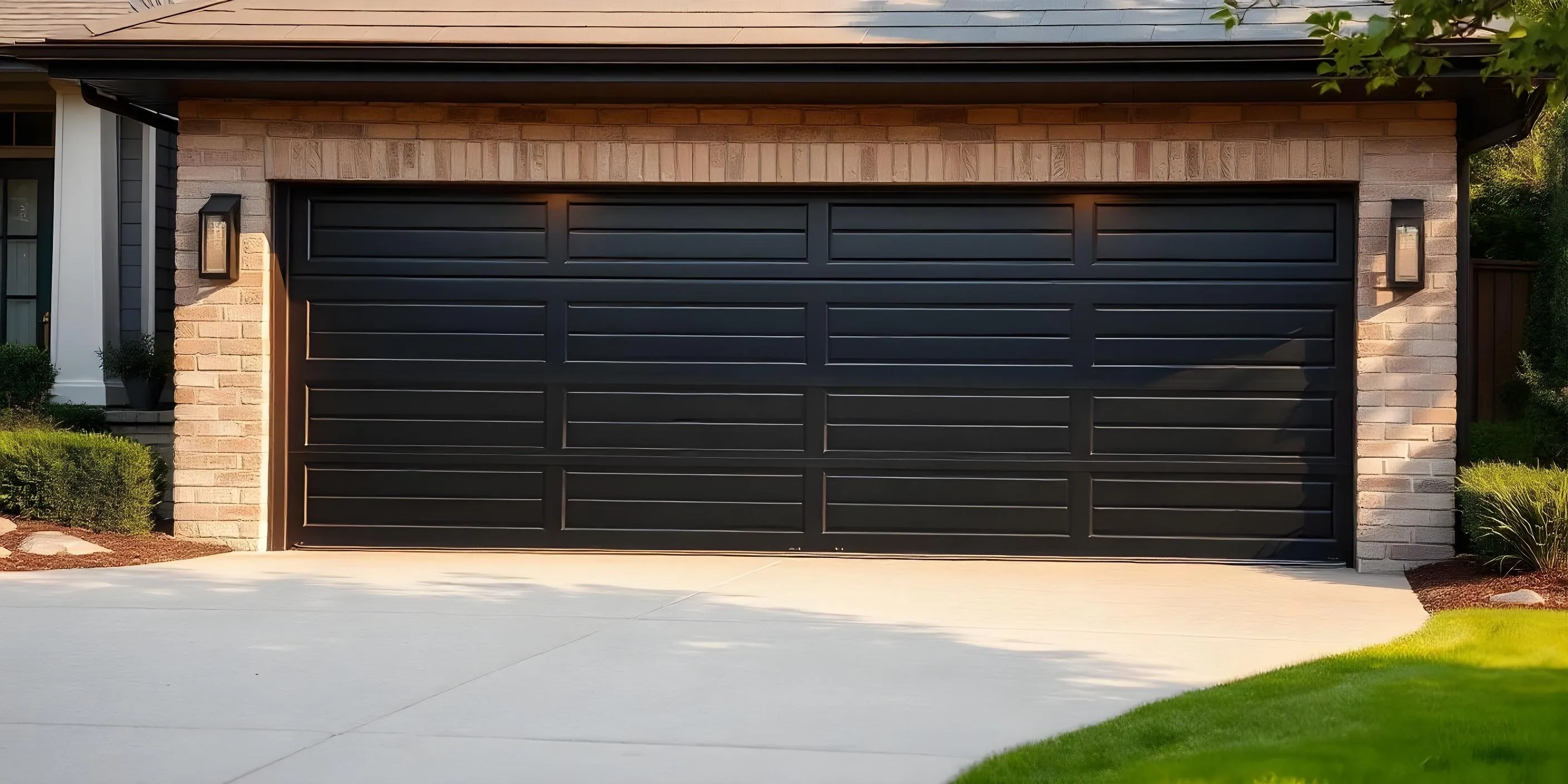What Is Garage Door R-Value — and How to Choose the Right One
Published Date: Sep 15, 2025
When you’re shopping for a new garage door, you’ll see a lot of terms you might not recognize. One of the most important is the garage door R-value. This number tells you how well your door resists heat flow, which directly affects the temperature in your garage and, more importantly, your energy bills. Understanding the garage door R-value is key to making a smart investment. This article from Up & Down Garage Doors breaks down the basics of garage door insulation ratings and helps you choose the right one for your home and climate.
Understanding Garage Door R-Value

So, what is the garage door R-value? In short, the R-value of an insulated garage door measures how well it resists heat transfer. In simpler terms, it shows how well the door insulates. A higher garage door R-value means better insulation — keeping warm air inside in winter and hot air out in summer.
Think of it like this: the R-value of an insulated garage door is like the thickness of a jacket. A low R-value is like wearing a light jacket on a cold day — it helps a little, but not much. A high R-value is like wearing a thick winter coat, offering far more protection against the elements.
This is a big deal if your garage is attached to your home. Air easily moves between the garage and your living space, which can impact comfort and energy costs. To better understand why insulation matters, check out the benefits of garage door insulation.

Choosing the Best R-Value for Your Climate
Your climate plays a major role in choosing the best R-value for garage doors. If you live in a place with mild temperatures, a lower R-value might be enough. But if your area has freezing winters or hot, humid summers, you’ll want something more insulated.

- Low R-Value (R-6 or less): These are often non-insulated or single-layer doors. They’re budget-friendly and best for detached garages where temperature control isn’t a priority.
- Medium R-Value (R-7 to R-12): This range offers a good balance of cost and performance. These doors are great for most climates, especially if your garage is attached to your home.
- High R-Value (R-13 and above): High R-value garage doors are ideal for extreme temperatures. With multiple layers and thicker insulation, they offer better temperature control and energy savings. If your garage doubles as a workspace or living area, this is a smart investment.
To decide what is a good R-value for a garage door, consider how you use your garage and how much the climate matters. Also, think about what R-value for the garage makes sense for you based on whether the space is heated or used daily.

Beyond R-Value: Other Factors That Impact Insulation

While the garage door R-value is important, it’s not the only factor to think about when comparing garage door insulation ratings. Here are a few others:
- Material: Garage doors made from steel or wood insulate differently. Most insulated doors use foam like polyurethane or polystyrene to boost performance.
- Weather Seals: Even a high R-value garage door won’t perform well without good seals. These stop drafts, moisture, and heat loss around the edges of the door.
- Installation Quality: If your door is poorly installed, even great insulation won’t help. At Up & Down Garage Doors, we make sure the fit is tight and sealed so you get the full benefit.
Choosing the best R-value for garage doors comes down to how you use your space, your climate, and how much energy efficiency matters to you. If you’re unsure, the team at Up & Down Garage Doors can help you determine the R-value that best suits your needs.

Make the Right Choice with Up & Down Garage Doors
Choosing the right R-value affects your home’s comfort and your energy bills for years to come. By understanding garage door insulation ratings and how insulation works, you’ll be better prepared to make a smart choice. Whether you’re replacing a door or starting fresh, the experts at Up & Down Garage Doors are here to help. From product selection to professional installation, we’ll guide you every step of the way. Learn more about our garage door insulation services and get started on a more energy-efficient garage today.


